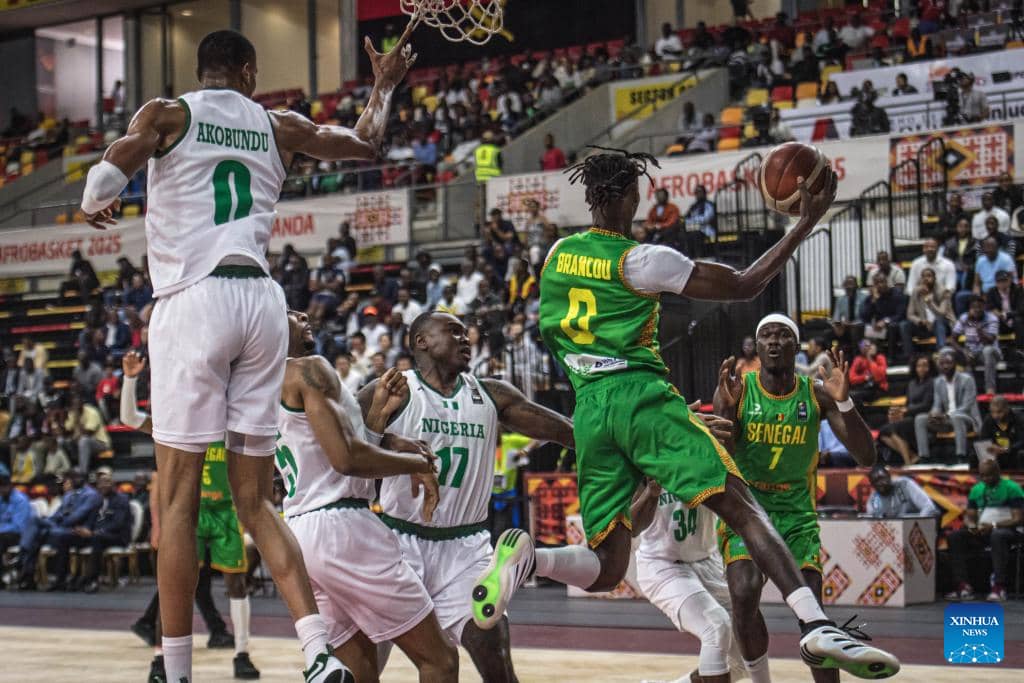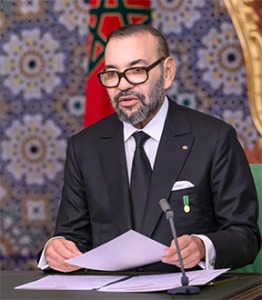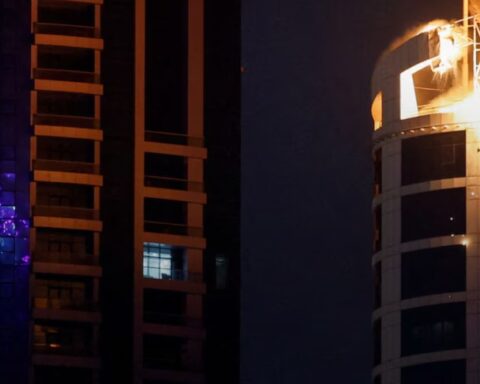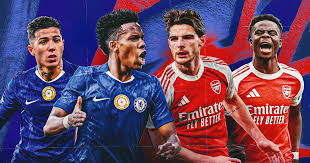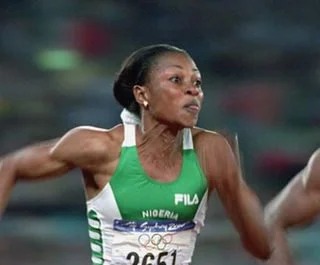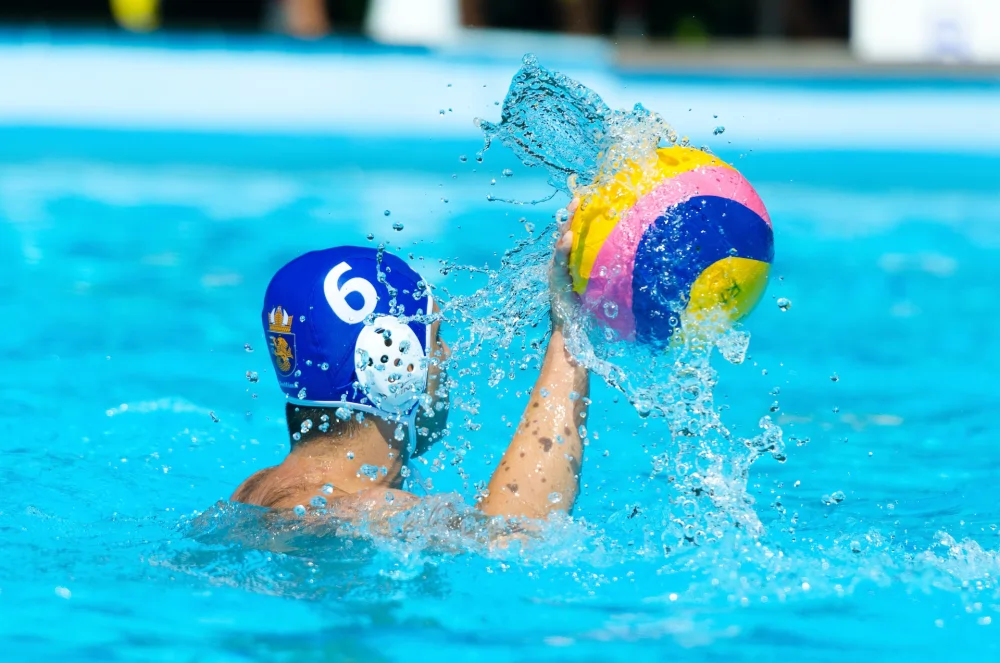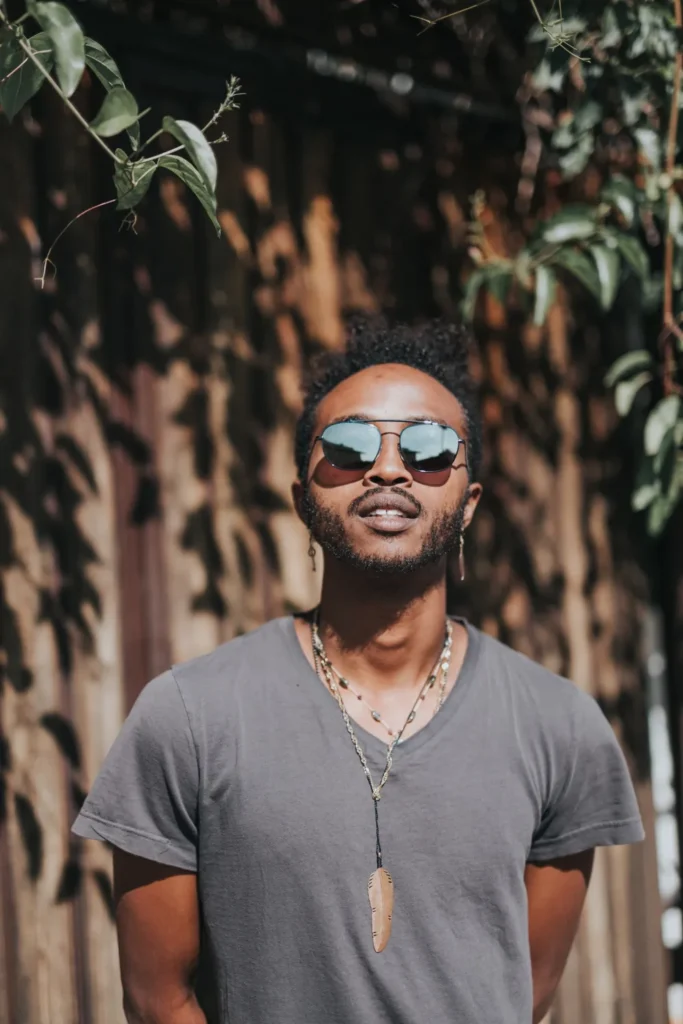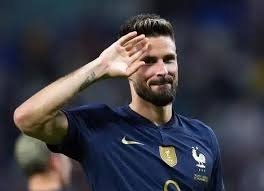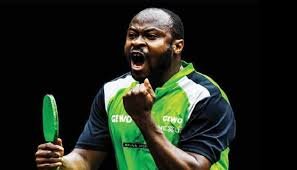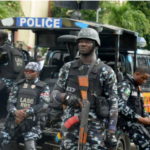By Pat Omo-Osagie
THERE’S ’s a widely repeated misconception that Nigeria’s men’s basketball team has been a powerhouse in African basketball. The truth is, we have never held that status. In the history of Afrobasket, we have only won once and reached the finals a handful of times. Calling that dominance – or even consistent relevance – is misleading. The reality is that we have often struggled to build a truly formidable squad.
One of the main challenges has always been assembling the team itself. Relying heavily on Nigerian players born or raised abroad has made logistics difficult, to say the least. Meanwhile, our women’s team has been far more successful and consistent. They were a full decade ahead of the men in both winning African championships and qualifying for the Olympics. Today, the women boast seven Afrobasket titles – including five in a row – while the men still have just one.
So where does this illusion of dominance come from? It’s rooted in the belief that having many Nigerians in the NBA should automatically translate into success at the African level. But putting together a competitive men’s national team is far more complicated. Even the U.S., with its deep talent pool, has experienced major disappointments internationally. The truth is that many NBA players see the offseason as a time for rest, personal commitments, or skill development. Since Afrobasket takes place in August, it falls directly in the middle of these personal priorities, further complicating participation.
This is why I advise my fellow Nigerians to manage expectations. Winning this tournament is no easy feat. Look at the 2015 team that finally broke through – they began their journey back in 2012. That squad competed in Olympic qualifiers, the 2012 London Olympics, the 2013 Afrobasket (where they lost to Senegal in the quarterfinals), and then, after years of consistency and growth, finally won the title in 2015. Continuity was the key, not just talent.
Another common complaint is the lack of proper preparation, and it’s a fair one. How can a country spend lavishly on celebrations after victories but fail to invest adequately in preparation beforehand? I recall one instance where we managed to arrange a European tour for a youth team ahead of a world championship. But just six weeks later, the team couldn’t even attend the U19 World Cup – funds had dried up. That kind of inconsistency shows we are not truly committed to sustainable development in the sport.
Prof Omo-Osagie is a Canada-based sports consultant
